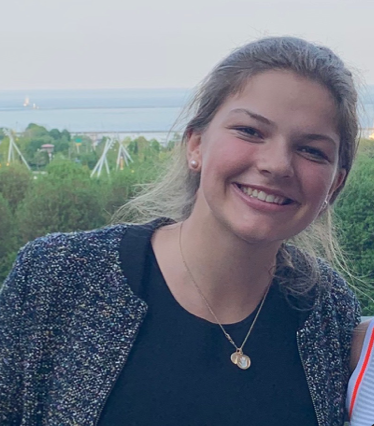The Supposed Rise In PWeek Dropouts

February 14, 2020
As March sneaks up at the end of the third quarter, students begin to get restless. With Project Week and spring break right around the corner, this year’s trips truly span around the world and across many disciplines. With one-of-a-kind opportunities from leather making in Chicago to spelunking in Mallorca, why do students feel like people have been dropping out and switching trips more than ever?
According to Ms. Wells, one of the project week directors, this year, statistics in drop out rates are not unusually high. “We don’t have a lot of people dropping from projects. We do have a lot of people moving but that’s because we [Mr. Mahoney and Ms. Wells, co-project week directors] have done a better job at looking at open spots and looking if we could move people into those spots,” said Ms. Wells. But with out-of-town waitlists getting filled so quickly, it is rare for people sitting on these waitlists to get on the trip. According to Ms. Wells, the changing of trips is more common for in-towners because, “you only get to pick eight [projects], so there are often spots open on in town ones. A lot of time after people get placed into an in-town they realize they don’t like that project or something and they’ll go on the waitlist for another in town that is open.” So with the Project Week team’s attention to detail, they have created a more intricate process, looking at being able to move in towners whenever possible.
But who gets first pick when a spot opens? For those who don’t know, or have always wondered how trips’ waitlists work, they are not based on a first-come-first-serve process. “It has to do with two things: if it’s open or not, but we also don’t want to populate a project with all friends, so sometimes if it’s not a legitimate reason to move we try to talk to students and ask why they are trying to move,” said Ms. Wells. And once logistics are thought out, project week coordinators run a lottery of the people on the waitlist for that project. This year though, Ms. Wells commented that “There was a long waitlist for a few of the out of town and not for others”, meaning that people who branched out of the most popular trips and put their name on less popular waitlists were much more likely to be selected and moved into another trip.
But this year students felt that drop out rates of “good” out of town projects felt higher than ever and to that point Ms. Wells responded, “Something usually has to come up for someone to remove themselves from an out of town, and that has happened this year maybe for one or two above average for a variety of reasons.”
Another heightened point of conversation was how students felt that the school was tightening the rules on coming late to out of town projects. Junior Olivia Katz was faced with the option of taking an SAT or going on the Baha Kayaking trip and described this choice as, “I could have waited until May [to take the SAT], but that did not feel like the right choice and my parents agreed with me…as soon as I realized that I had this conflict, I talked to my p-week leaders to try and find a solution. I found a flight later on Saturday that would allow me to take the SAT, and then fly into Mexico. I would have arranged a ride to get myself to the group. Mr. Mahoney said that I could only do this if my parents flew me out there and drove with me until I met the group (which would be very late Saturday night), so I could not simply fly out alone. That doesn’t work for my parents and quite frankly, I feel too bad to make them fly me out there.” Even though she spent all of this time planning and finding a way to work out the situation for herself, Olivia, in the end, decided that it was in her best interest to just stay in town, saying, “I understand the liability issue, I’m just sad and frustrated that I could not go on my out of town project week. But it’s not really the school’s fault.”
The stigma around coming late has undoubtedly risen. But according to Ms. Wells, she said, “I think sometimes students think that a lot of things are personal, and a lot of times it has to do with the program more than the student. The problem is, in order to protect the whole program we are vigilant to make sure that we stick to certain protocols. So it’s not that we’re saying we don’t trust certain students to travel alone, it’s that were trying to protect the program” Furthermore, adjustments are challenging logistically. “On the front end it’s a little bit liability, say you don’t make your flight and meet your group, the group can’t sit around and wait for you. And if you don’t fly out with your group your ticket gets canceled, you have no return flight.”
Senior Avery Selz, who dropped out of her Mallorca project, stands by her decision, saying that she has “no regrets and [is] equally as excited for [her] new P-Week.” And to show how effective the system is, Emelia Rose, a sophomore originally on Top Chef in town, now on Mallorca said, “originally I was kind of disappointed because a lot of my friends were going out of town. Eventually, I got over it and I was excited to meet new people! Until about a few weeks ago I got accepted into the Mallorca trip and was so lucky, and I am so excited for the adventure!” These two are proof that the attention to detail the p-week directors have put in is paying off and that people all around the school are benefitting from the meticulous system that has been created.
Ms. Wells said it best though, “Every year there’s something to talk about, and people want to feel like there’s something unique about every year, but it’s not that different. Project week is such an important part of Latin that we want to make sure we can give these opportunities to students as long as we can.”

























































